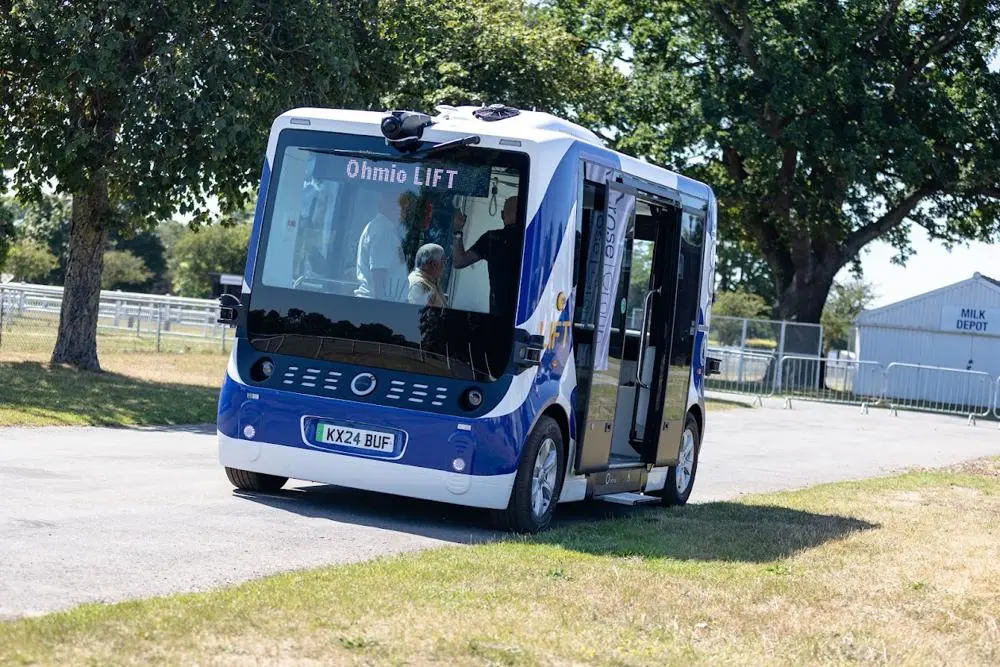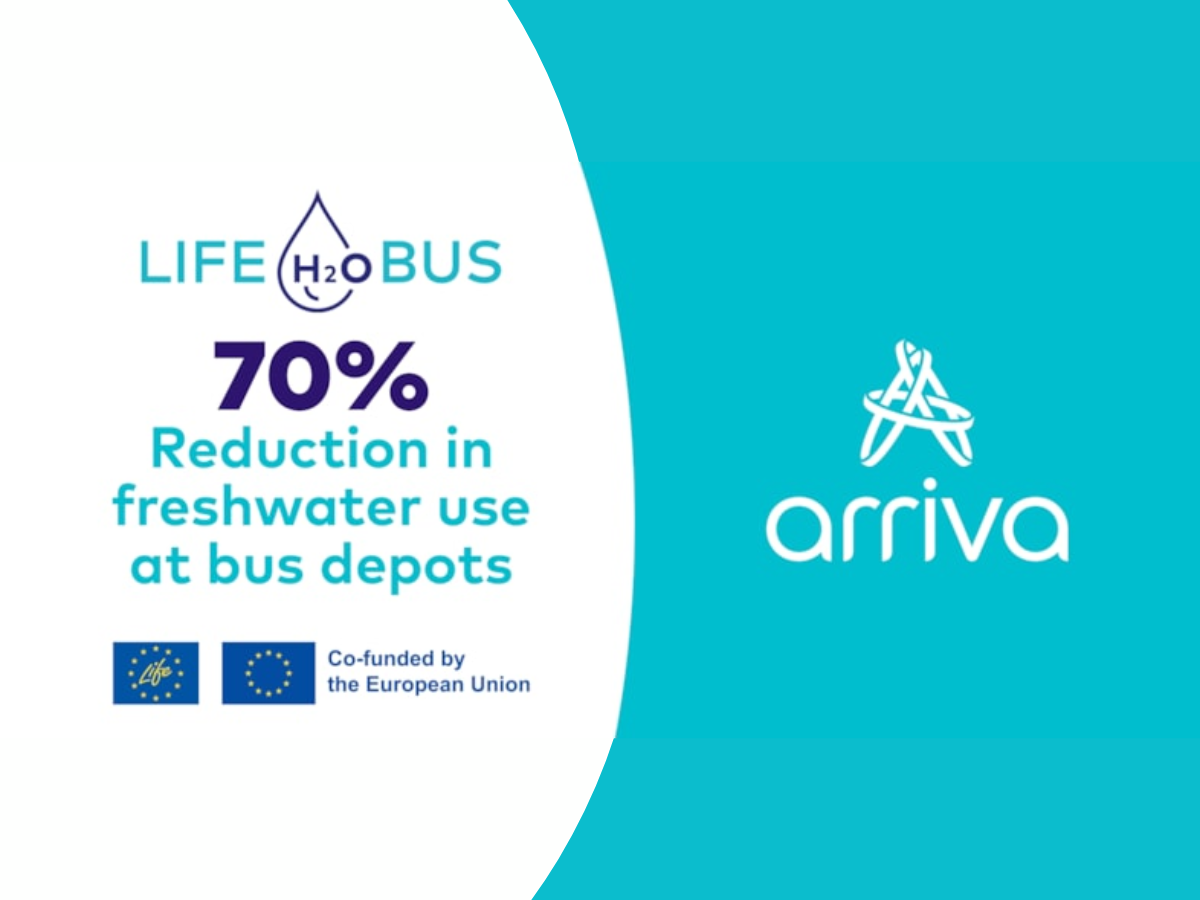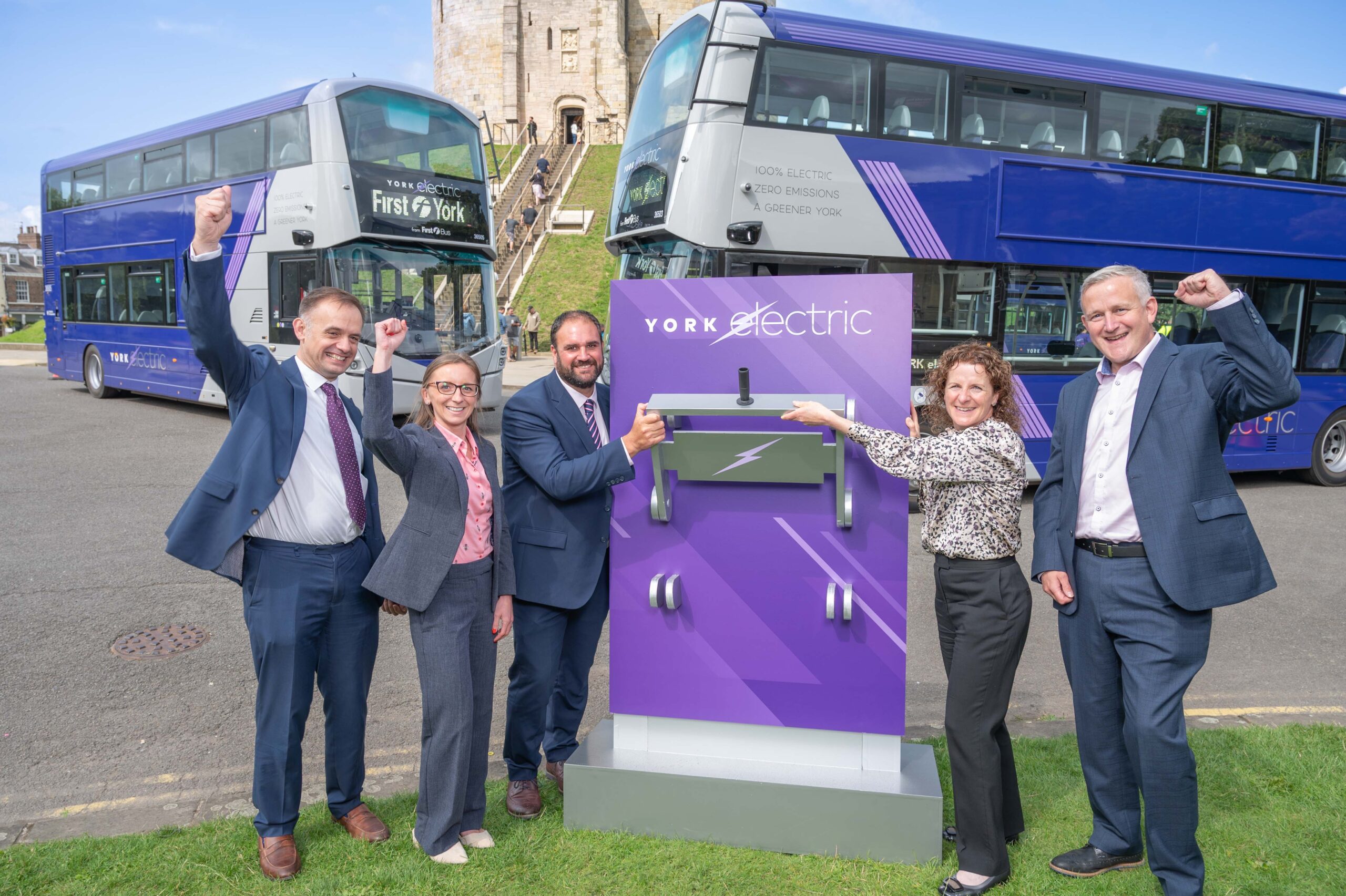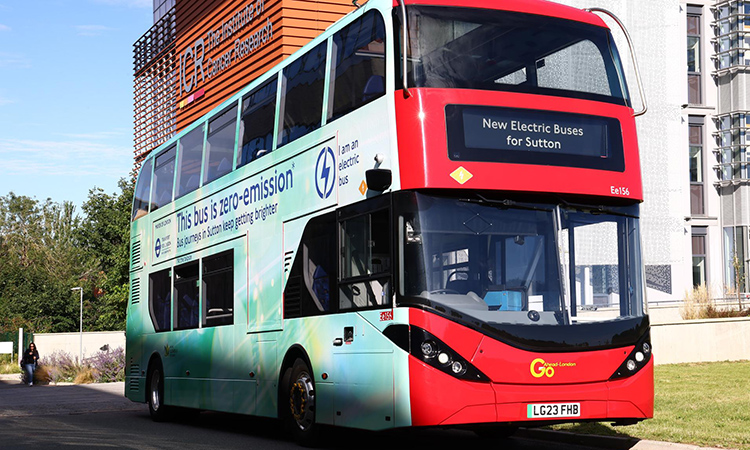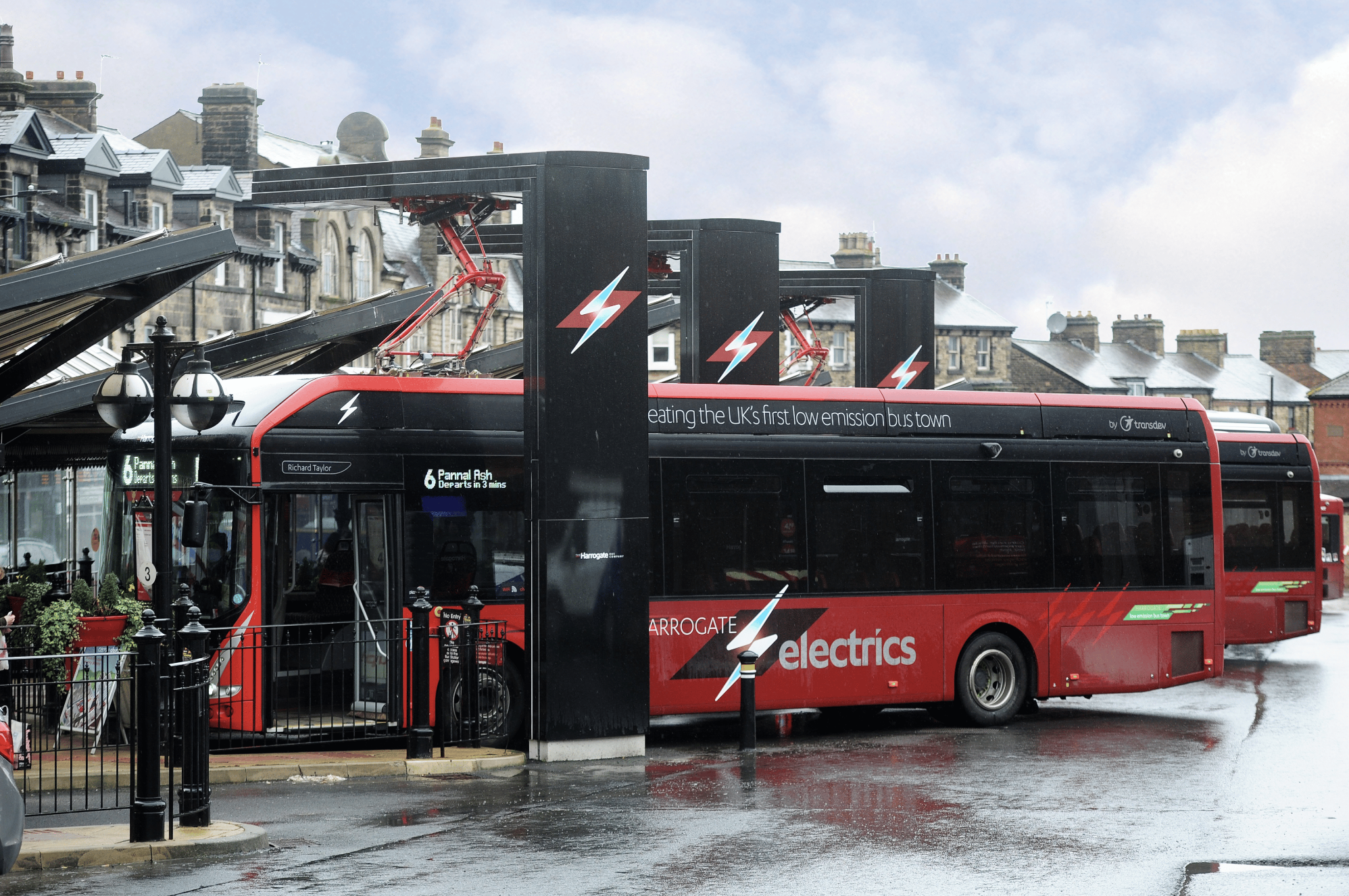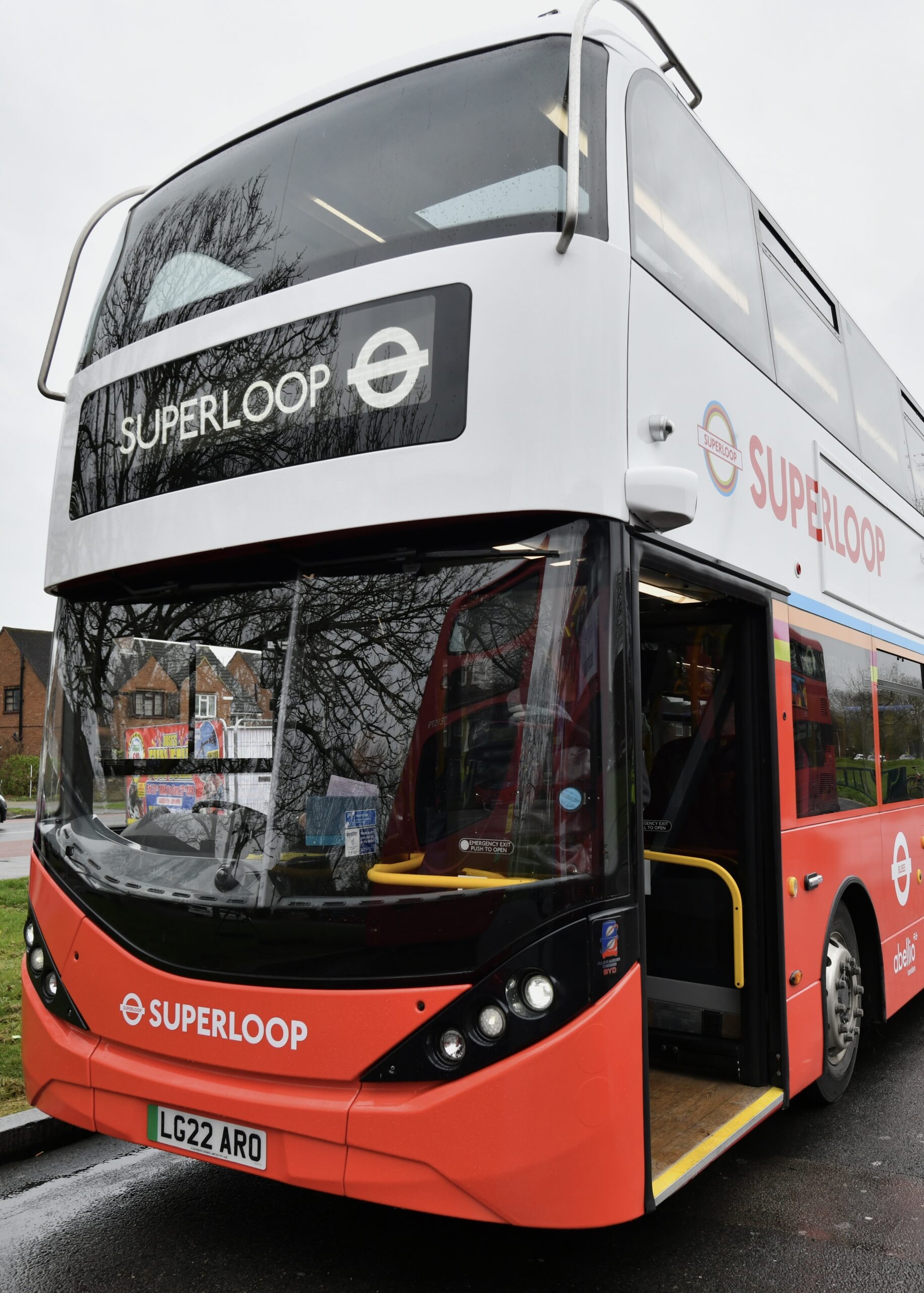Transport for London (TfL) has published a new Bus Safety Strategy that outlines its planned actions to achieve Vision Zero in London.
These actions will contribute towards its goal of eliminating deaths and serious injuries caused by bus collisions by 2030 and 2041 respectively.
The new Bus Safety Strategy details what TfL and bus operators are currently doing and what additional actions need to be taken.
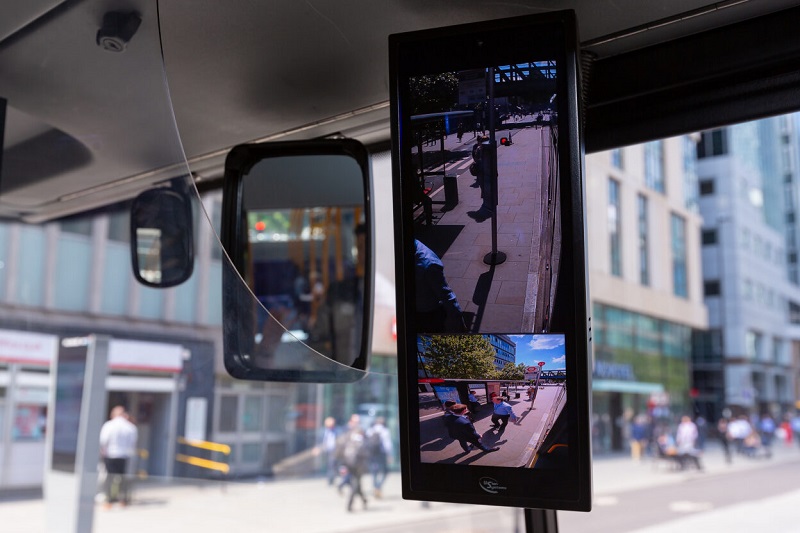
Specifically, the strategy has committed to retrofitting advanced technologies onto TfL’s existing fleet. This includes fitting a further 1,800 buses with Intelligent Speed Assistance (ISA).
ISA is an advanced driver assistance system (ADAS) that uses speed limit sign recognition cameras and/or GPS speed limit data to inform drivers of the current speed limit and reduce the speed of the vehicle if required.
With these planned instalments, half of all TfL buses will be fitted with this technology by 2024, and the majority of the bus fleet will follow by 2030.
Furthermore, TfL also plans to trial fatigue detection technologies on up to 450 buses over a 12 to 18-month period. These driver monitoring systems (DMS) will observe factors such as eyelid movements and gaze to detect a driver’s state and deter them from driving in an unfit condition.
In addition, the Bus Safety Strategy will:
- Commission further research to identify the most effective measures to avoid and mitigate the risks of pedal application error
- Implement a data-led approach looking at what changes can be made across the network to reduce passenger injuries, particularly due to slips, trips and falls
- Work with the London Fire Brigade and other key stakeholders to identify vital new measures to tackle the risks posed by bus fires
- Ensure safety improvements are inclusive for everyone who works for and uses the bus network
TfL states that it has already made good progress through its existing Bus Safety Programme. The number of people killed in collisions involving London buses in 2022 was 65% lower than TfL’s 2005-09 baseline. This compares to an overall reduction of 52% across all transport modes on London’s roads.
Louise Cheeseman, TfL’s director of buses, said:Safety is our first consideration in all that we do to deliver bus services in London and we’re determined that it will continue to be at the heart of our transport network.
This new strategy is a vital part of our approach to systematically making transport safer for everyone. The measures outlined in this strategy will be vital to achieving our Vision Zero goal of ensuring nobody is killed or seriously injured on the transport network.
TfL also recently launched its fourth Bus Safety Innovation Challenge to help find solutions related to improving safety for bus passengers. This challenge has a particular focus on reducing incidents where the customer is injured while standing or moving on the bus or on the stairs.











